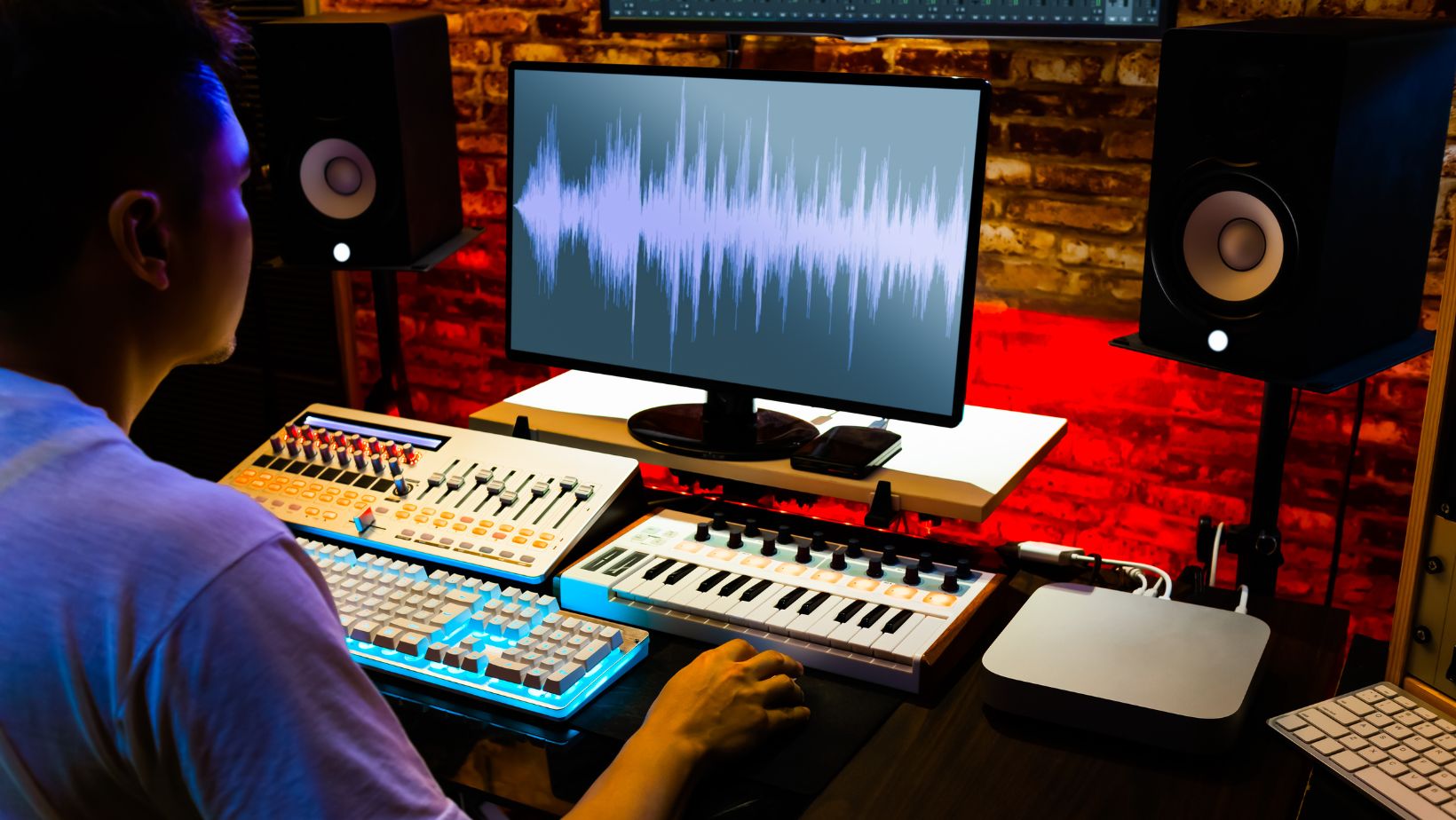The Best Fluffy Pancakes recipe you will fall in love with. Full of tips and tricks to help you make the best pancakes.

The Application of AI in Lo-Fi Chillhop Music Production
Music production has experienced a dramatic explosion in the last decade due to technological advancements. One of the genres that has greatly benefited from these innovations is lo-fi chillhop, which has gained massive popularity thanks to its smooth, jazzy beats and relaxed, laid-back demeanor. Traditionally, lo-fi chillhop was crafted by artists using hardware gear, samplers, and music programs. However, with the advancement of artificial intelligence (AI), this genre has entered a new chapter. AI has opened doors to endless possibilities for both professional and amateur producers, allowing everyone to experiment and create their unique sounds.
The Rise of Lo-Fi Chillhop: A Genre for Everyone
Lo-fi chillhop, often paired with atmospheric sound effects like crackling vinyl records, rain sounds, and distant city noises, has become the soundtrack of contemporary relaxation playlists. It is now commonly used during studying, working, and unwinding, making it one of the most popular genres for setting a peaceful and calming atmosphere.
Historically, creating lo-fi chillhop required a background in music theory, sound editing, and remixing techniques. However, with the rise of AI, the barriers to entry have lowered significantly. AI-powered music software is designed to help users create sounds and complete tracks with minimal or no experience in music composition. These tools use machine learning algorithms to analyze large quantities of pre-existing music and generate new pieces that emulate the style and mood of the original music.
How AI is Revolutionizing Lo-Fi Chillhop Production
AI has brought numerous benefits to lo-fi chillhop producers. Below are the primary ways AI is reshaping the way lo-fi music is produced:
1. Streamlining the Creative Process
AI’s ability to automate complex music production tasks is one of its most powerful features. For lo-fi chillhop, AI can help with creating chord progressions, melodies, and drum loops that match the laid-back, jazzy tone of the genre. AI programs can suggest chord progressions that work well together, create melodies from minimal input, and even adjust tempos to fit the mood of the track.
By removing the need for extensive knowledge of music theory, AI allows producers, whether experienced or beginners, to focus more on the emotional elements of the music. Rather than getting bogged down by technicalities, producers can experiment with crafting unique atmospheres and moods that define lo-fi chillhop.
2. Developing Unique Samples and Sounds
Lo-fi chillhop thrives on a wide range of textures, from smooth piano strokes to ambient soundscapes like birdsong or distant thunderstorms. AI-powered software can scan through thousands of hours of audio and replicate the timbre of lo-fi soundscapes. This allows producers to generate distinctive samples with just a few clicks, making the production process faster and more efficient.
AI also plays a significant role in creating ambient noise or background sounds that fit perfectly into a track. Whether it’s the ambiance of a cozy coffee shop or the sounds of a bustling city street, AI-generated sound effects help bring authenticity and realism to the music, making it feel organic and relatable.
3. Personalization and Customization
Another exciting development in AI music production is its ability to learn and refine the music creation process. With AI-based music generation tools, users can input their personal preferences, such as tempo, mood, and genre influences, and the software will create music that aligns with those tastes. This level of personalization allows lo-fi chillhop producers to experiment with blending different genres and crafting unique compositions without manually adjusting every single component.
4. Promoting Creativity Among Non-Musicians
Perhaps the most revolutionary aspect of AI in music production is its ability to democratize the creation process. Tools like Adobe Express’ AI music generator enable anyone, whether or not they have a background in music, to produce high-quality music. With intuitive controls and user-friendly interfaces, even individuals with no formal music training can generate professional-sounding lo-fi chillhop tracks.
AI tools not only help users create music, but they also foster a deeper understanding of the music-making process. These tools make it easier for users to experiment with new ideas, promoting creativity and inspiration, both of which are essential for crafting the kind of flexible, emotive music that defines lo-fi chillhop.
5. Speed and Efficiency
AI has also significantly reduced the time needed to create lo-fi chillhop tracks. Traditional music production can be very time-consuming, especially when it involves layering different instruments and sound effects. AI, however, can generate loops, progressions, and even complete tracks almost instantaneously, freeing up time for producers to focus on refining the overall sound.
For producers who want to create new music or remix existing sounds consistently, AI applications can reduce the time it takes to produce high-quality tracks. For example, a producer can start with a basic melody and let the AI generate drum beats, basslines, and chord progressions, allowing them to produce a finished track in much less time than traditional methods.
The Future of AI in Lo-Fi Chillhop Production
The potential for AI in lo-fi chillhop is limitless. As AI technology continues to evolve, future tools may be able to create even more sophisticated tracks, offer more personalized recommendations, or collaborate with human producers to create hybrid compositions.
It has never been easier for those interested in jumping into this creative revolution. Platforms like Adobe Express provide a simple entry point for anyone to start building your own free AI music generator. These platforms allow users to create their tracks without needing expensive equipment or in-depth knowledge of music production. By making AI-powered music tools accessible, they lower the barriers to entry for anyone who wants to explore AI-based music creation.
Conclusion
AI is revolutionizing the landscape of music production, especially in genres like lo-fi chillhop, where creativity, atmosphere, and mood are paramount. With AI’s ability to streamline the production process, generate unique sounds, and offer customization options, it has never been easier to create compelling lo-fi music. Whether you’re a seasoned professional or a beginner, AI offers exciting possibilities that are reshaping the future of music production.
